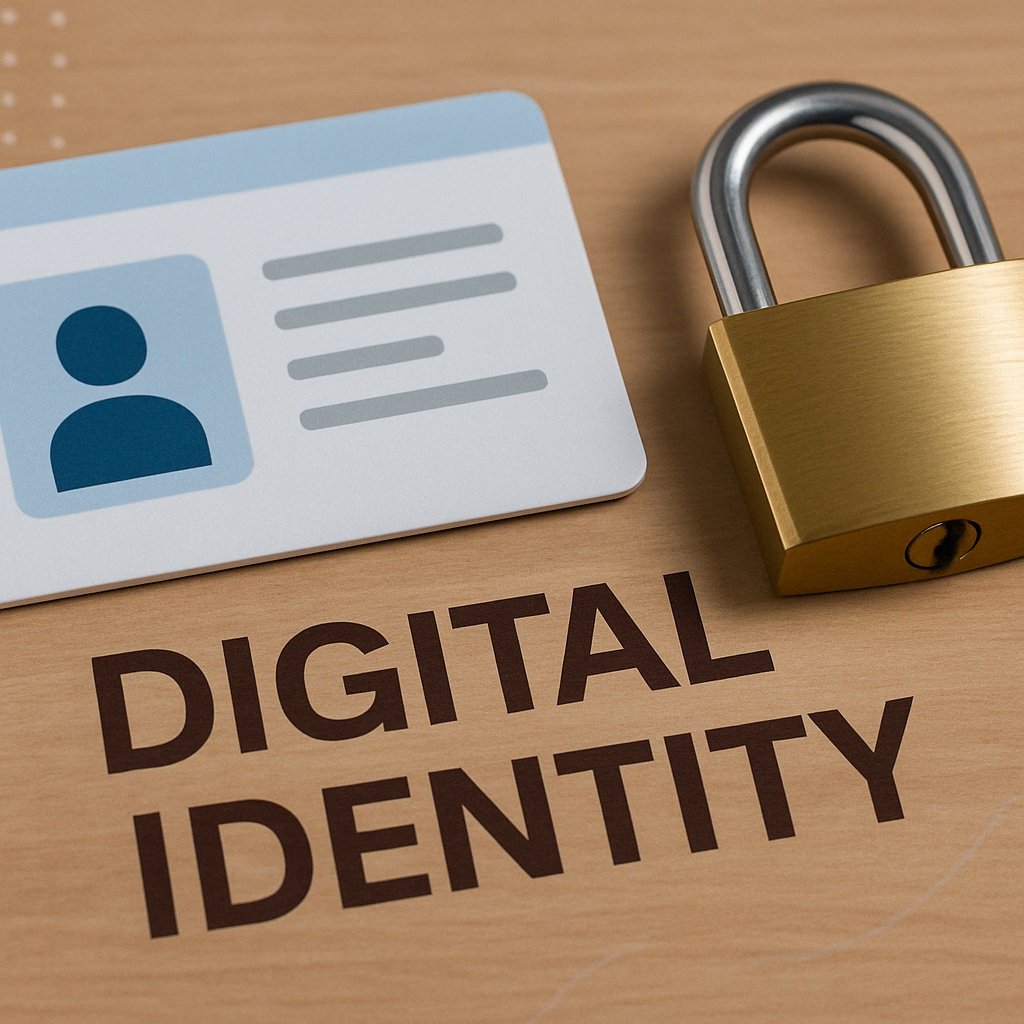A recent analysis highlights the urgent need for a transformation in the way personal data is managed and secured within digital identity verification systems. In light of significant breaches over the past year, including a data breach at 23andMe that compromised genetic and ancestry data from nearly seven million users, experts are calling for innovative solutions to reverse the damage caused by outdated security measures.
Following the October 2023 incident, the cybersecurity landscape continued to face challenges as hackers infiltrated Snowflake’s customer environments, leading to the exposure of sensitive records from major companies, including AT&T and Ticketmaster. Moreover, a report by National Public Data revealed that 2.9 billion records had been stolen in August 2024, with the personal information of nearly every American now potentially at risk.
One proposed solution is tokenization, which replaces sensitive information with non-sensitive equivalents, enhancing security. This method is already successfully utilized in the financial sector; for example, Visa has issued over 10 billion tokens, reducing fraud by 60% and saving millions in losses. Tokenizing personally identifiable information (PII) can create a safer digital environment for individuals.
Verified trust credentials, which are tamper-proof digital versions of physical IDs, represent another step forward. Embedded with cryptographic signatures, these credentials can be validated instantly without lengthy exchanges of personal information. By embracing technology, a future is imaginable where personal data remains secure, allowing individuals to exercise control over the information they share.

